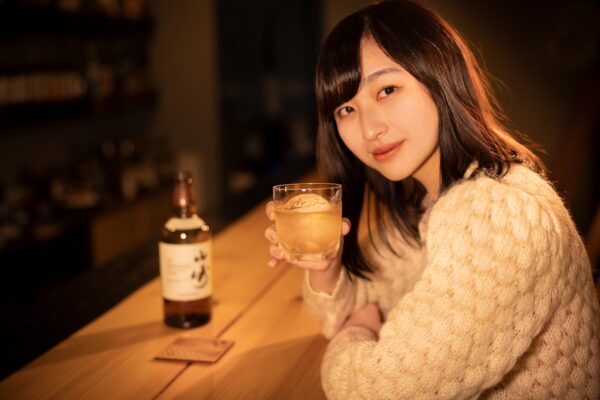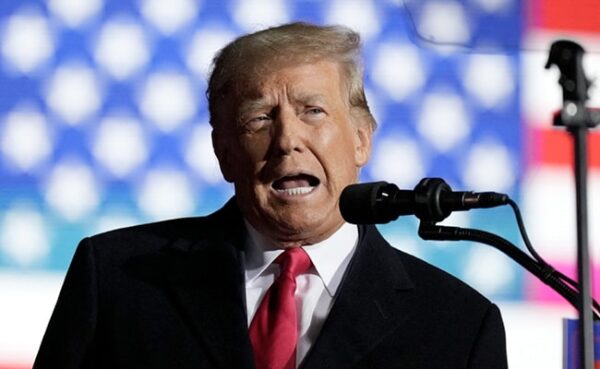Encouraged by a decrease in revenue collection, the Japanese government invited its children to produce ways to promote liquor consumption in this country.
In a competition, ‘Sake Viva’, which culminates in November, the Japanese National Tax Agency has invited people to submit a business plan to promote Japanese alcoholic drinks such as Sake, Shochu, Amazori, Beer, and more.
While this initiative produces online buzz, it also raises ethical questions about promoting unhealthy habits.
Why does Japan feel the need to promote alcohol?
Japanese liquor industry has declined. According to a report by the National Tax Agency, in the FY 2020, the tax on liquor consisted of 1.9 percent of the total collection. Compared to this, in the 2010 FY, the liquor tax was 3.3 percent of the total tax collection, and in 2000, it contributed 3.6 percent of the total collection. In 1994, the liquor tax formed 4.1 percent of the total tax collection.
Data from two decades (2000-2020) shows that the amount of tax collected in alcohol and sales volume (consumption) has dropped in Japan (see graphics below). In 2000, the tax collected in liquor reached 1,758,800 million yen and the sales or consumption volume was 9,519,513 KL. However, in 2020, the government collected 1,068,100 million Yen tax for liquor, while the consumption was 7,827,698 KL.
In the 2021 report, the National Tax Agency stated that “the volume of liquor subject to tax has declined since peaked in 1999”, especially for beer, which for many years is the most consumed taxable liquor product. The report noted that there had been a shift in consumption habits, by drinkers preferring liquor at low prices, such as shiny liquor, chuhai and products such as beer, rather than beer. Pandemi Covid-19, also, caused a decrease in domestic liquor consumption, especially in restaurants, due to locking.
In Japan, the liquor industry contributes to the regional economy and the growth of small to medium businesses that dominate the production of liquor in this country.
While the country’s economy regained the pre-Pandemic size earlier this week, a permanent concern for sustainable recovery. Private consumption has increased since the locking easing, Reuters report stated. However, price increases may prevent people from spending “free time and eating”, he said.
Apart from the impact of the Coronavirus Pandemic, “Demographic Changes such as Lemat Decreasing and Aging Population” also contributed to the shrinking of the alcoholic drink industry in Japan, according to the Viva Sake Viva website
Indeed, the gray Japanese population. The International Monetary Fund Report (IMF) in 2020 stated, With an average age of 48.4 years, the Japanese population is the oldest in the world.” In addition, the current Japanese population 127 million is also expected to shrink a quarter of 2060.
According to its website, individuals aged between 20 and 39 can send business plans to “revitalize” the liquor industry in Japan. The competition invites entries from all countries, and open entries until 9 September. The chosen business plan will then take part in the tournament in Tokyo on November 10.
The National Tax Agency, the organizer of the competition, is looking for ways to promote various alcoholic drinks and “stimulate demand among young people.” This is open to ideas that serve lifestyle changes following Pandemi Covid-19 and instill the use of artificial intelligence and metaverse to encourage sales.
This competition emerged amid a series of steps taken by the Japanese government to promote its alcohol industry, such as the national online festival for beer and craft beer, awareness campaigns about local liquor, building online factory registry, promoting sakes internally and abroad, and outside the country, and abroad, and abroad, and abroad, and abroad, and abroad, and abroad, and abroad, and abroad, and abroad, and outside the country, and abroad, and abroad, and abroad, and abroad, and abroad, and abroad, and abroad, and abroad, and abroad, and outside The country, and abroad, and abroad, and abroad, and abroad, and abroad, expand exports.
The announcement of the competition has caused concern about promoting unhealthy habits. According to Bloomberg, the Japanese Ministry of Health said “Understanding the spirit of promotion is in line with his view that people must ‘drink responsibly’.”
The National Tax Agency, also, stated that it was not “encouraging people to drink excessively” and the competition was purely intended to stimulate economic growth, Bloomberg reported.
In June, Asahi Shimbun, the Japanese daily, published a survey finding conducted by Kyoto University, which shows that alcohol -related diseases and the risk of addiction related to consumption of alcoholic drinks at home increased during Pandemi.
The level of people treated in hospitals due to liver disease related to alcohol or pancreatitis from April to June 2020 is around 1.2 times higher than before Pandemi Coronavirus Baru,” the survey found.




